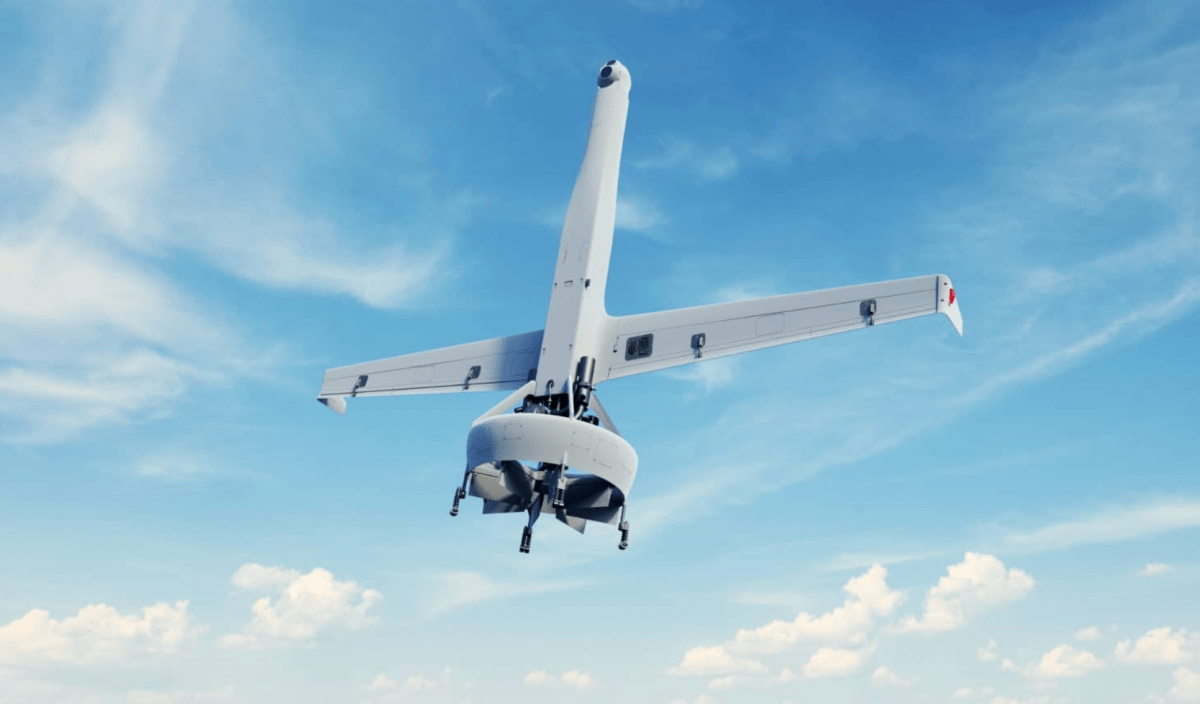Shield AI has raised $200 million in new funding as it looks to scale its autonomous flying systems for the U.S. military and its allies.
The startup, which was founded in 2015, is now valued at $2.7 billion. This latest round was led by U.S. Innovation Technology Fund (USIT) with major participation from Riot Ventures, both prior investors in Shield AI. Other contributors include existing investors Disruptive and Snowpoint and new investor ARK Invest, the investment management firm founded by Cathie Wood.
USIT, led by billionaire Thomas Tull, was the sole contributor to an earlier $60 million tranche of funding that was added to Shield AI’s Series E. This sizable Series F round reflects the company’s strong fundraising track record – the company’s Series E totaled $225 million and its Series D came in between $210 million-$300 million.
It also reflects the often capital-intensive nature of defense-focused startups – even ones that boast systems cheaper than their legacy competitors, as Shield AI does.
The startup makes hardware and software to transform drones and aircraft into autonomous systems capable of executing missions in contested environments. The company’s core product is Hivemind, an AI pilot software that enables drones and aircraft to operate autonomously – without even GPS to assist them. Shield AI has also developed a drone swarming capability it calls V-Bat Teams, which enables a single human operator to command a minimum of four V-Bat drones. (Those drones, which take-off and land vertically, were developed by Martin UAV, which Shield AI acquired in 2021.)
“Our nation is faced with the difficult reality that our pilots are too few and the rules-based autonomy solutions too dumb for such swarms to exist,” CEO and cofounder Ryan Tseng said when the company announced V-Bat Teams earlier this month. “Shield AI changes this. For almost nine years, Shield AI has focused on building the world’s best AI pilot from a common AI backbone that is relevant and deployable any aircraft – from quadcopters to F-16’s.”
The San Diego-based company is also working to integrate Hivemind into uncrewed fighter jets and other aircraft. Increasingly sophisticated counter drone technology – much of which is focused on jamming the drone’s communications or navigation – have no doubt made Shield AI’s tech stack especially attractive to the Pentagon.
“Battlefields are increasingly dominated by drone warfare and the enemy is doing everything in their power to make it a hostile environment, including blocking communications and GPS,” Riot Ventures co-founder and general partner Stephen Marcus said in a statement. “Modern air forces are flying blind. Shield’s AI pilot doesn’t require GPS or communications because it’s smart and adaptable to the environment. Their AI is trainable and adaptable to many different missions and has flown teams of quadcopters, V-BATs, and modern fighter jets. The closest tech comparable we’ve seen is what Tesla is doing with their self-driving stack.”
The new funding comes amidst a wave of investor support for defense technology startups, spurred on in part by rising geopolitical tensions and a sharp awareness amongst technologists and the Pentagon that the U.S. risks falling behind its adversaries. Indeed, a portion of that call has come from Shield AI executives: back in 2021, cofounder Ryan Tseng famously compared China’s military to Netflix – and the U.S. military to Blockbuster.

